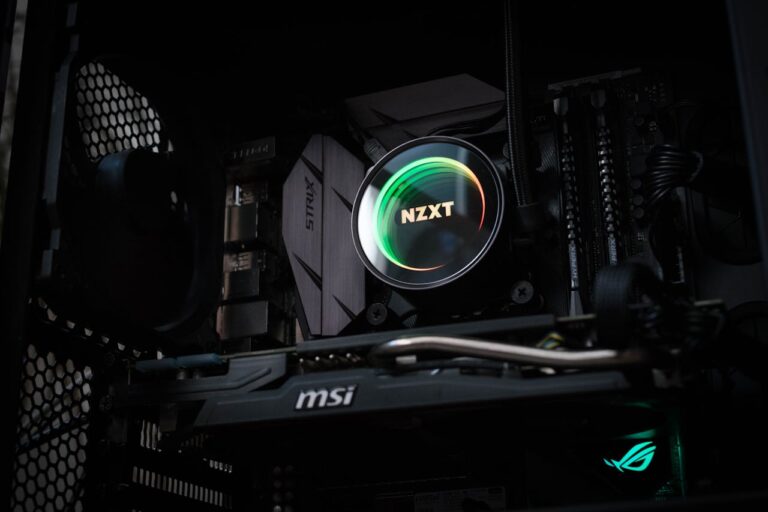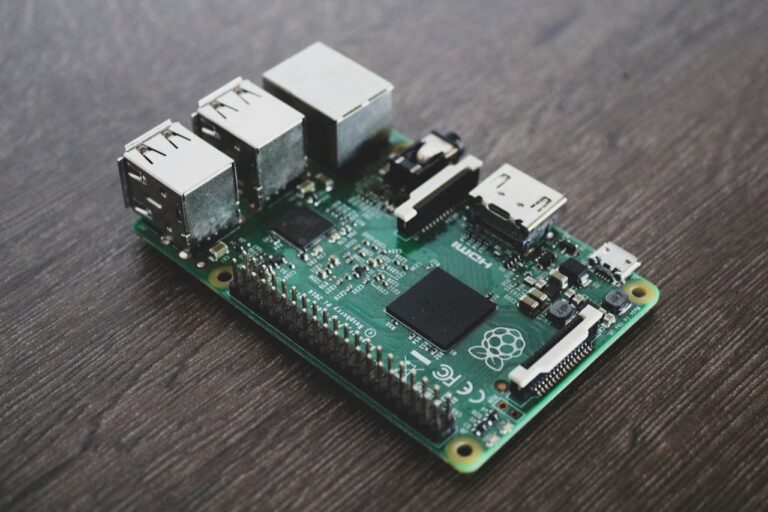Key Takeaways...
- Electronic waste contains valuable metals like copper, gold, silver, and more.
- The worth of scrap metal depends on metal content, purity, market prices, and volume.
- Recycling e-waste scrap metal protects the environment and conserves resources.
- Recovered metals support a circular economy and can provide financial benefits.
Scrap metal is often overlooked as mere waste, but when it comes from electronic devices, it can hold significant value. Electronic waste (e-waste) contains a variety of metals—some common, others precious—that can be recovered and recycled. Understanding the worth of scrap metal from e-waste is important for businesses looking to manage their waste sustainably while potentially earning rebates.
In this article, we explore the value of scrap metal in electronic waste, the types of metals commonly found, and why responsible recycling matters.
What Metals Are Found in Electronic Scrap?
Electronic waste, such as printed circuit boards (PCBs), hard drives, mobile phones, and other components, contains a mix of metals, including:
- Copper: Used extensively in wiring and circuit boards; highly conductive and valuable.
- Gold: Found in small amounts on connectors and contacts due to its excellent corrosion resistance and conductivity.
- Silver: Also used in circuit paths and contacts.
- Aluminium: Common in casings and heat sinks.
- Steel and Iron: Used in structural parts.
- Palladium and Platinum: Rare metals used in certain electronic components.
While precious metals like gold and silver are present in small quantities, their high market value means that recovering them can be economically beneficial.
How Is Scrap Metal Valued?
The value of scrap metal from e-waste depends on several factors:
- Metal Content: The type and amount of metals present.
- Market Prices: Metal prices fluctuate daily based on global demand and supply.
- Material Purity: The ease of separating valuable metals affects recycling costs and value.
- Volume: Larger volumes generally attract better pricing.
Because e-waste is complex, professional recycling companies like RePCB use specialised processes to extract and refine metals, ensuring maximum recovery and value.
Why Is Recycling Electronic Scrap Metal Important?
Recycling scrap metal from electronic devices has multiple benefits:
- Environmental Protection: Prevents hazardous materials from polluting landfills and ecosystems.
- Resource Conservation: Reduces the need for mining new metals, conserving natural resources.
- Economic Benefits: Recovering valuable metals supports circular economy principles and can provide rebates or credits to businesses.
- Regulatory Compliance: Proper disposal helps businesses meet legal requirements for electronic waste management.
Scrap Metal Prices in the UK
Scrap metal prices fluctuate and depend on market trends. For example, copper prices can vary significantly, influencing the overall value of e-waste. Businesses interested in selling scrap metal or recycling PCBs and other electronics should regularly consult current market prices to maximise returns.
At RePCB, we offer transparent pricing and rebates based on material types and quantities, helping UK businesses get the best value while ensuring environmentally responsible recycling.



